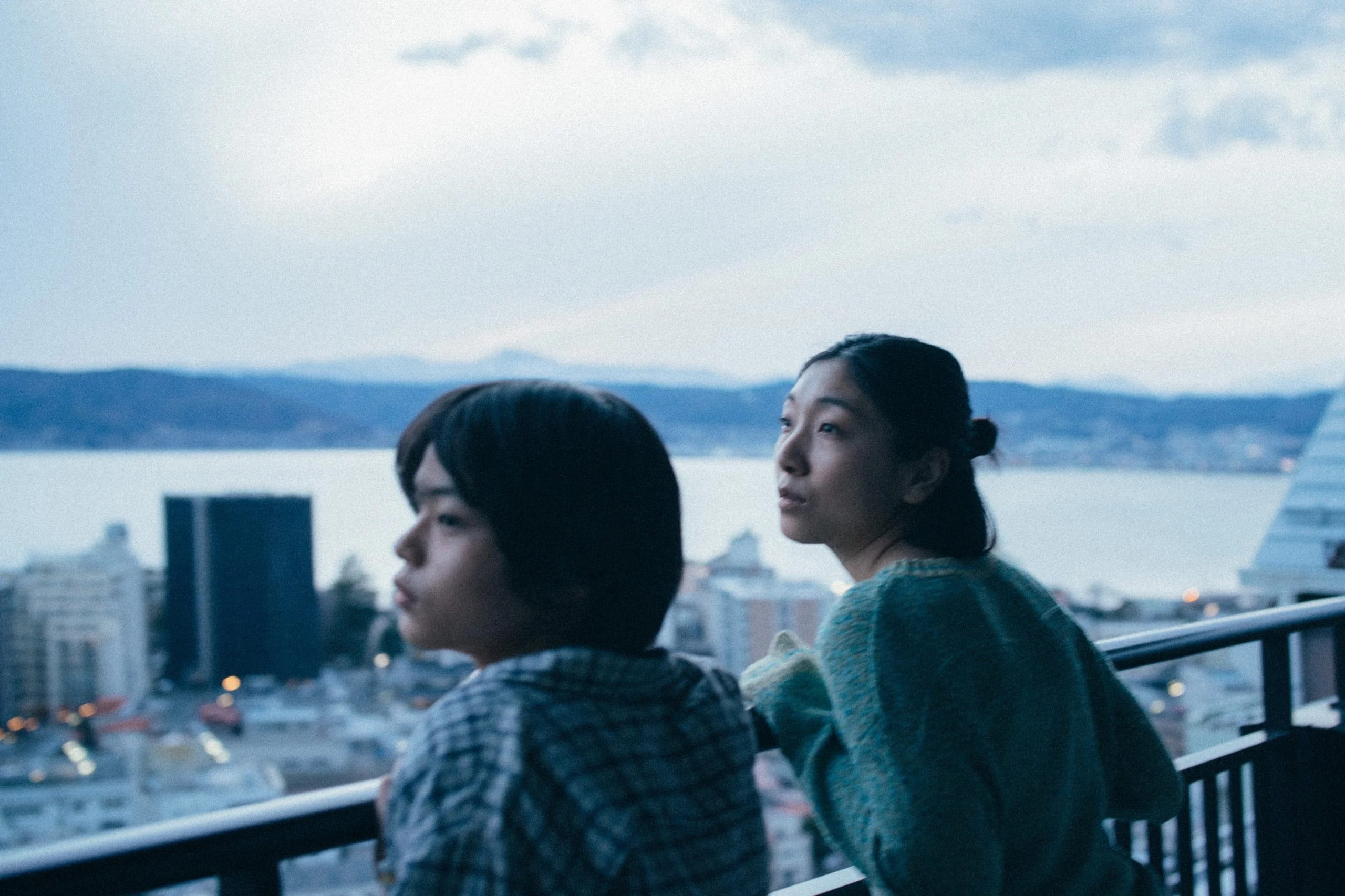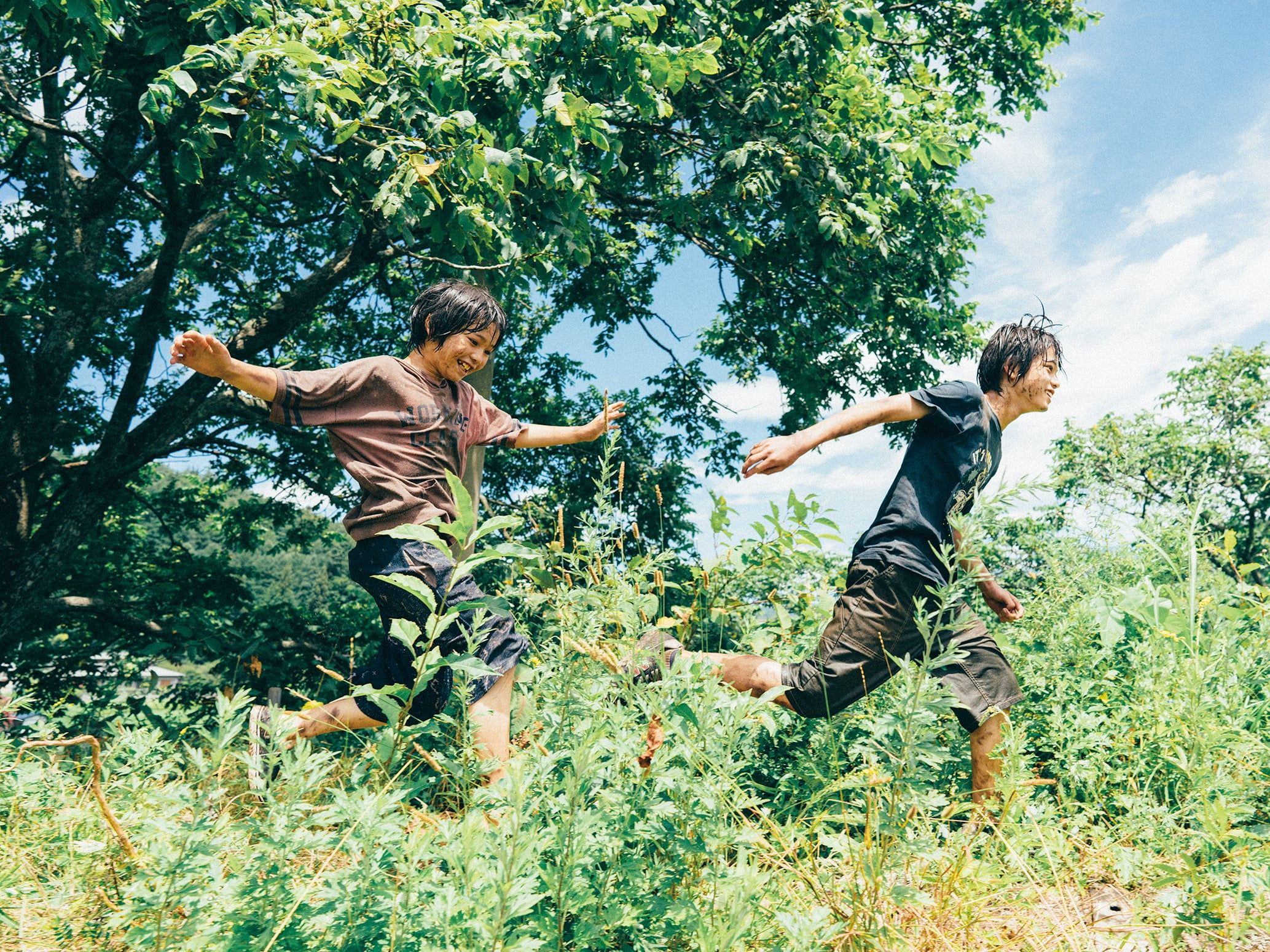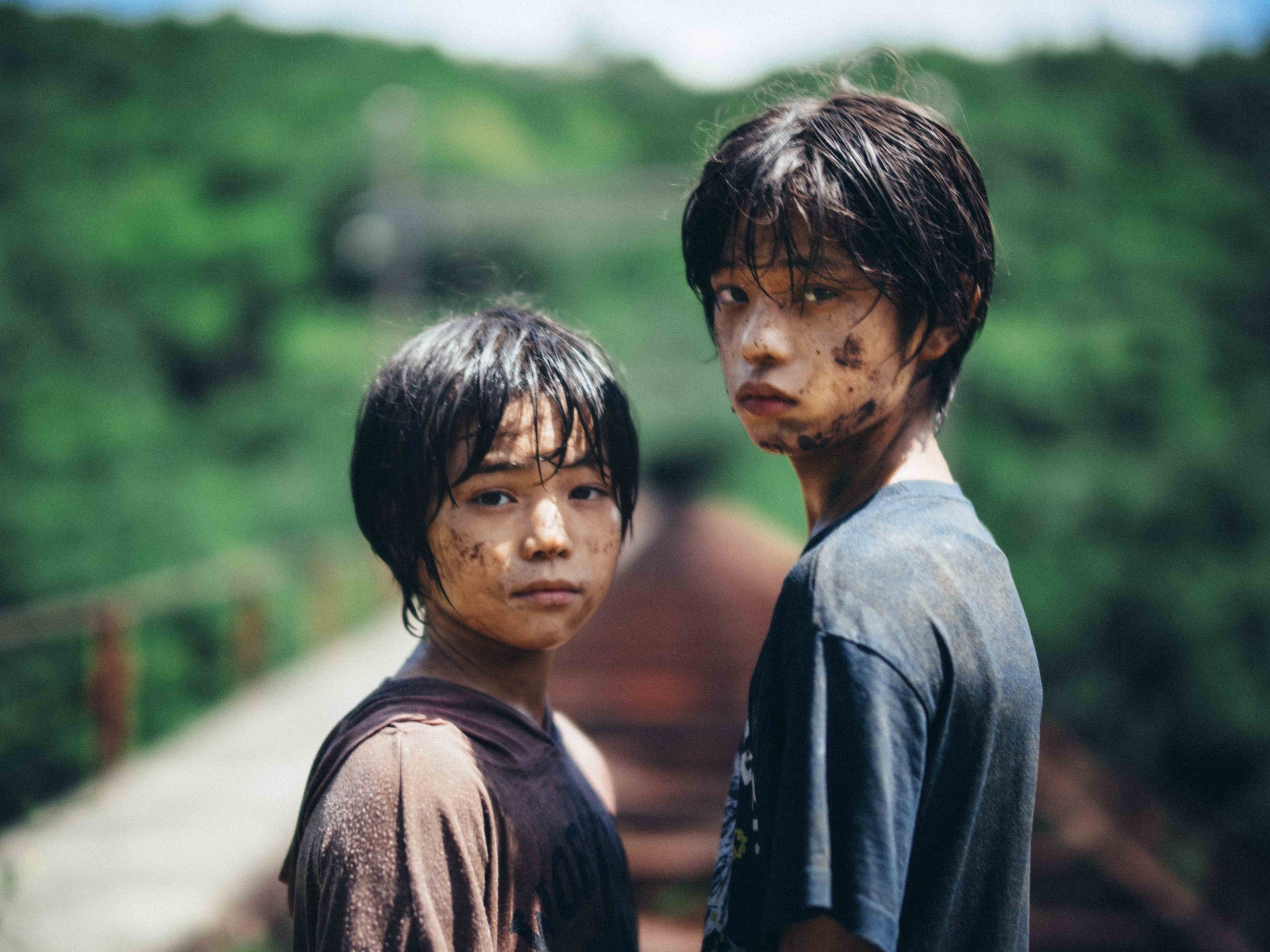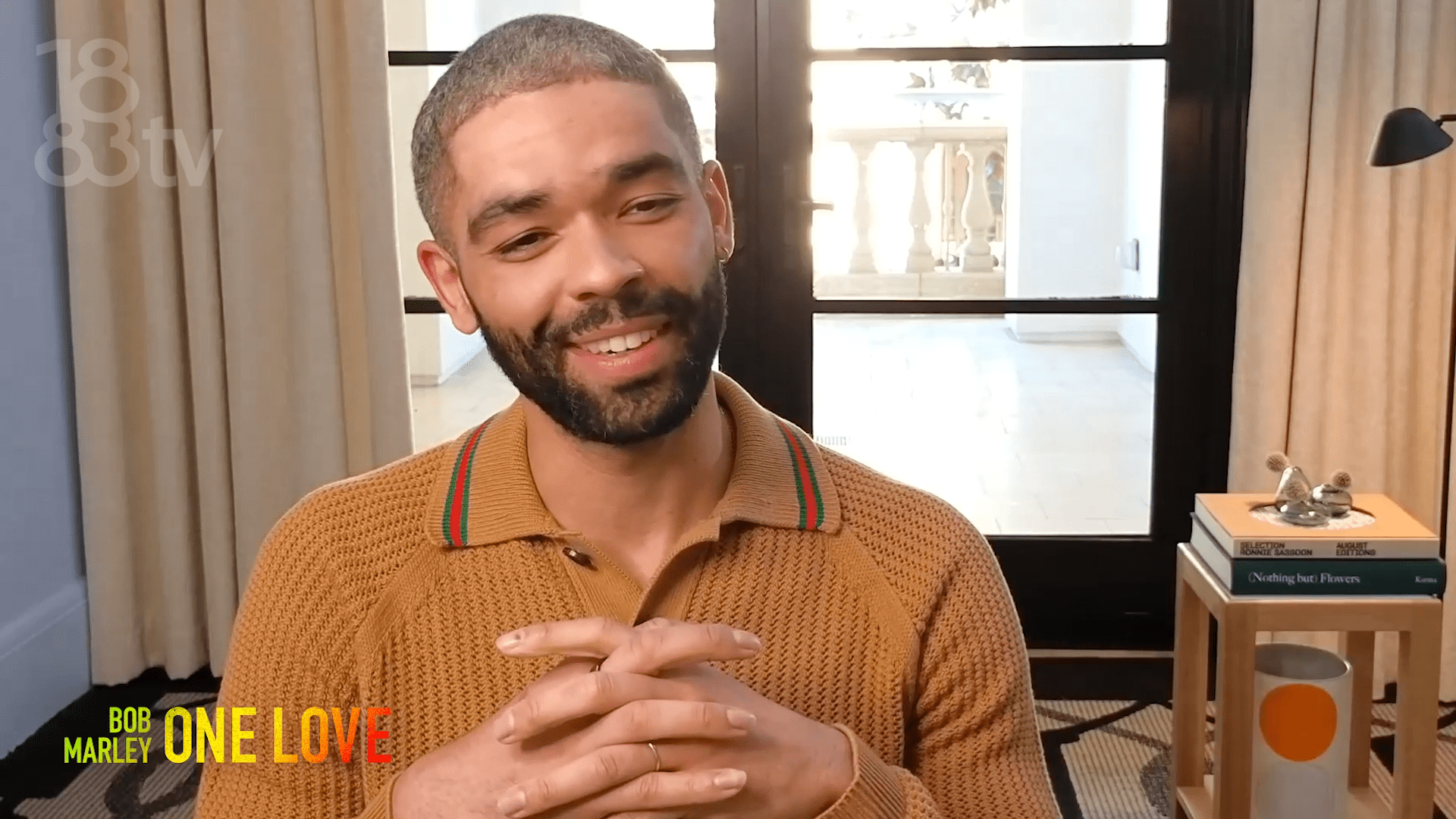
Sakura Ando
Sakura Ando’s penchant for playing complicated women is something that has, in part, defined her.
Whether she’s chosen that or not. In Monster, she continues the pattern as Saori Mugino, a mother whose middle-school-age son has begun displaying troubling behaviour. She sets off on a path to uncover what has precipitated the change, worried something sinister is lurking at the school.
But Monster is a more complicated, nuanced story than its logline would lead you to believe. And Ando’s performance as Saori is the lens through which we experience this story; a tall order that the talented actor meets easily.
Ahead of the film’s UK and Irish release, Ando tells 1883 about holding onto rage, and how her body tells her what roles to take.

Saori’s relationship to her deceased husband causes her to say or do things that as a viewer, we might question. Do you ask those same questions of your character, the way that an audience member might?
When I was playing the role, I didn’t really have a sense of respect and reverence for the missing father. There’s a bit in the conversation between the children where Mugino mentions that his father died in an accident when he was having an affair, and he mentions the name of the woman and says that she wore ugly cardigans.
The fact that he says implied to me that he got this from his mom, that his mom refers to this woman as ‘the woman who wears the ugly cardigans.’ And so when I was acting the part I didn’t really feel a sense of reverence for the father. However, they talk about him because this intangible father is something that they have in common, that connects the two of them. I think that she has unprocessed feelings.
The scene in which she first goes to the school to confront the teachers, it was really moving and upsetting and then you totally reevaluate it when you get to the end.
When I first read the script, I felt the same as I think everyone feels watching that part. You know ‘What on earth are these teachers doing?’ And I felt what Saori must be feeling in that scene. So, when I got to the end, I decided that I must try to hang on to that feeling of rage that I felt when I read the first part, having understood what happens at the end.
In three notable roles you’ve played, in Shoplifters, Godzilla Minus One, and now Monster, being a mother is central to all those characters. Is that a theme you’re particularly interested in playing?
Last year I think I made six films and TV shows, and in a lot of them I was playing a mother figure. But a lot of the shows where I’m the main character, it’s not a mother. That said, with the films in shows that come out in Japan as well it’s often like ‘oh another mother’. But, it tends to be the non-mother roles, the new characters that I’ve not played before, that are the ones that I react physically to, and I get that sense of instinctive physical excitement when I read the part.

Is there something that when you read a role, that jumps out at you? An intrinsic thing you look for?
No, nothing specific. When I read a script, if I want to do it, I tremble. Even if my mind is saying no, my body says yes. And with Monster actually, I thought a lot about it. I didn’t get that physical feeling. I thought too much about it. And in the end, of course, I did it which is a good thing.
What was it like returning to work with Kore-Eda after working on Shoplifters?
It was completely different. As you say, Kore-Eda didn’t write the screenplay for this one. And I think a major difference is the fact that last time we were working together for the first time, and since then we’ve spent a lot of time together, we’ve been to Cannes, we’ve had a chance to build that trust.
So, it’s a different experience making a second film together, but also on Shoplifters. Kore-Eda would change the script or add to it based on what happened on set. He would come back the next day, and the script would have changed. The communication wasn’t a discussion, but it was a communication through the performance. This time, we had a script, so we had to work together to figure out how best to perform this script. We tried different things and we did more takes to figure out how best to perform the story that we had.
Is there a specific method that you prefer? And is how a director works something you take into account when choosing a role?
It’s all about encounters for me. If I give myself over to those encounters [with a script and director], then it always leads to a new character being born. So I try not to be prescriptive. When I take on board all the ideas, it leads to that new character and what they do and what they wear, and that’s how I find my performance. So when I get an offer, it’s those encounters [along the way] that are valuable.
MONSTER is out in UK and Irish cinemas on March 15th. For more information, go to https://monsteruk.film/
Interview Gabriella Geisinger





